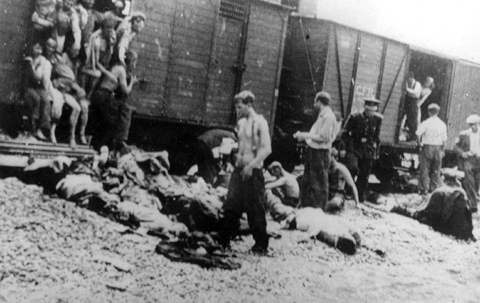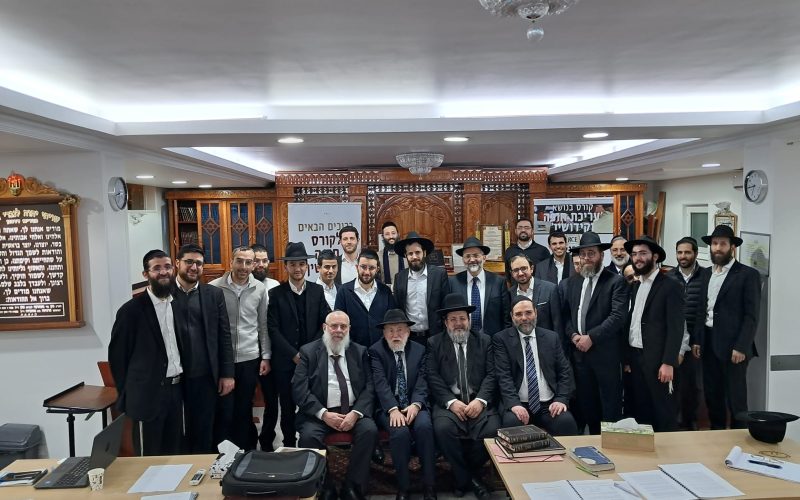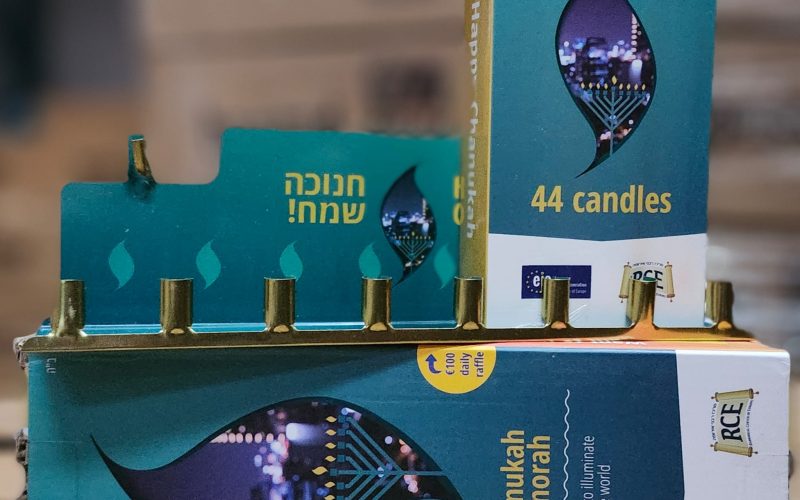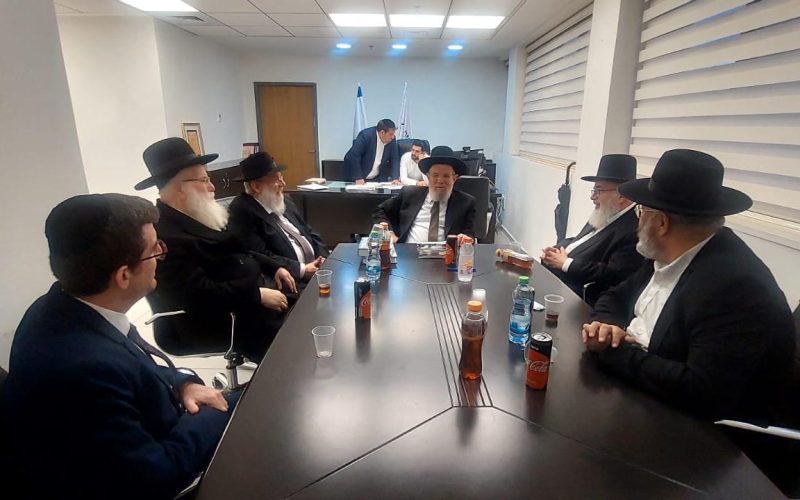Romanian Medical Students Suspected of Buying Jewish Bones
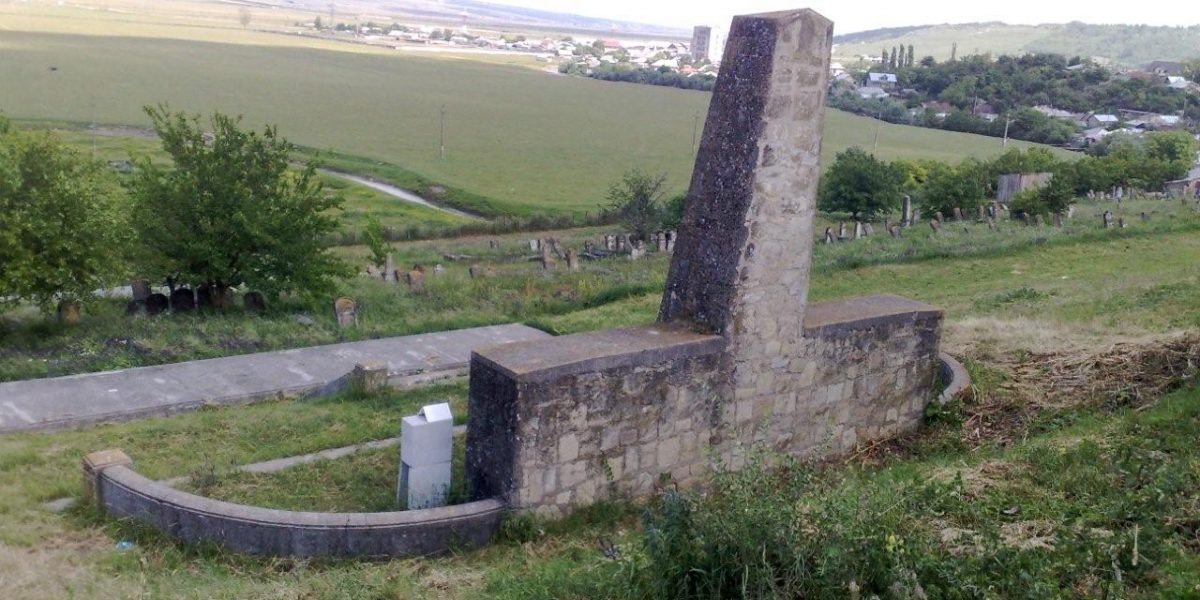
The Rabbinical Centre of Europe’s Department of Burials and Cemeteries recently received an email alleging that students at the University of Iasi had been purchasing parts of skeletons from a mass Jewish grave. The grim discovery was made by an American Jew living now in Iasi, a city situated in north-eastern Romania.
According to the his testimony, local medical students had been purchasing human bones and skulls for research purposes from a mass grave of Holocaust victims located in Podu Iloaiei, a nearby village.
The city of Iasi is known for a large number of institutes of higher education attracting thousands of international students, of which the University of Medicine and Pharmacy GT Popa is the most prominent. Current enrolment includes some fifty Jewish students, primarily Israeli.
During the Holocaust two death trains left Isai after the famous pogroms on June 30th, 1941. One of the two death trains stop in Podu Iloaiei and 1,194 Jews who died along the way from thirst and heat exhaustion were buried in a mass grave in the village.
The email went on to describe an exchange between the American and the medical students who freely and openly offered up information about making use of the Jewish bones from the grave. The medical students explained that each bone costs $40, which is paid to the cemetery custodian. For that price the workers dig the grave for the bones and “clean them up nicely.”
In response to the email, RCE representatives approached a number of Jewish medical students at the GT Popa medical school in Iasi. These students confirmed that notices concerning the sale of human bones and skulls have circulated in the university. This is in contrast to the practice in most universities with medical departments where the students are educated using plastic parts. However, the Jewish students contacted were unable to name a direct source for the purchase of the bones.
On June 2nd, the RCE sent two students to Podu Iloaiei for investigative purposes. Upon reaching the cemetery, the foreign students posed as Romanian medical students. They asked the female caretaker of the mass grave whether the purchase of a number of bones would be possible to arrange. During the ensuing discussion, which was recorded and later filed in the RCE offices, the woman did not deny being involved in such a grisly business. However, throughout the discussion the caretaker continually referred the visitors to her husband.
One Jewish student at GT Popa who wishes to remain anonymous, said that it was clear that the woman was wary and was concealing information. He has requested that his identity not be revealed “for fear of retaliation from the students and university staff.”
“We were stunned to learn of these allegations. We immediately set out to investigate before taking matters further. The results have left us deeply concerned and we will be aggressively pursuing this matter further.” said today Rabbi Arye Goldberd Deputy Director of the RCE,”No human remains deserve to be used in such experimental manner. The memory of those who perished deserve to be preserved in a proper and dignified manner and we will make it our business to ensure that is the case.” he added.
